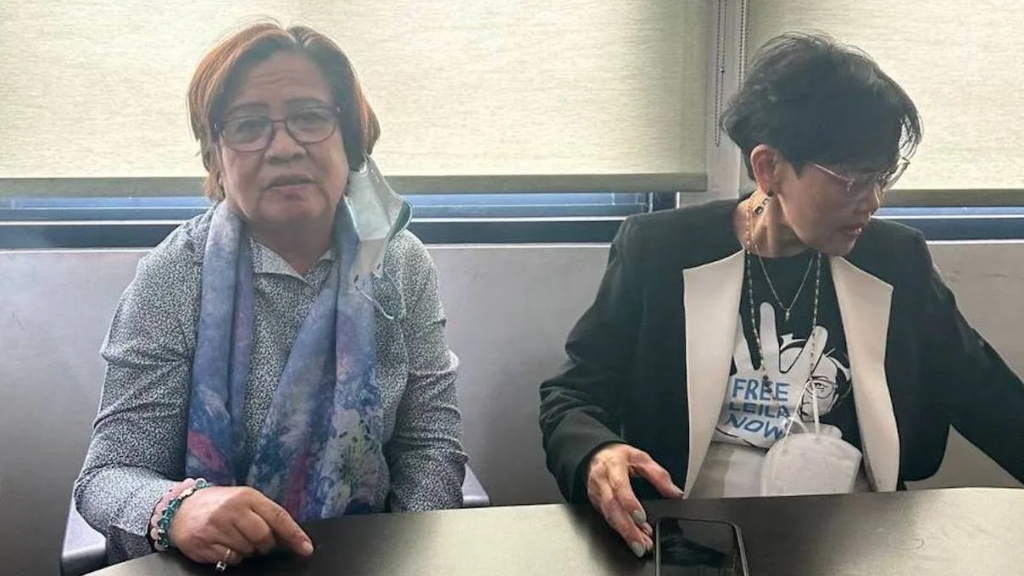The Muntinlupa City Regional Trial Court Branch 206 granted bail to former senator Leila de Lima on Monday, November 13. This marks a significant turn in her nearly seven-year detention. De Lima, along with her co-accused – former Bureau of Corrections director Franklin Bucayu, aides Ronnie Dayan and Joenel Sanchez, and alleged associate Jose Adrian Dera – were each granted bail at P300,000 in Criminal Case No. 17-167.
The court, evaluating the entirety of the prosecution’s evidence, decided that the guilt of the accused was not sufficiently established, allowing for their release on bail. This follows the completion of the prosecution’s presentation, with expectations that De Lima’s defense will likely request the dismissal of the charge without presenting their evidence, considering De Lima’s acquittals in two prior charges in 2021 and 2022.
In anticipation of this decision, De Lima’s legal team had arranged the necessary funds to ensure immediate bail payment, prioritizing her release from Camp Crame, where she has been detained. Following the court hearing, her team is processing the bail bond. De Lima must return to the custodial center for clearance before she can finally go home.
The hearing was initially scheduled by Judge Gener Gito to consider a motion filed by Bucayu, but also coincided with the resolution of De Lima’s bail reconsideration motion. Judge Gito, returning to De Lima’s case after a previous assignment in 2019, has overseen some of her minor legal victories in the past.
De Lima, a prominent critic of former President Rodrigo Duterte and his drug war, faced allegations of facilitating drug trade in the New Bilibid Prison to fund her 2016 senatorial campaign. Several witnesses have since recanted their testimonies against her, including former Bureau of Corrections chief Rafael Ragos and convicted individuals Rodolfo Magleo and Nonilo Arile.
De Lima’s case, marred by a highly publicized inquiry into her personal life and a near-fatal hostage situation in 2022, has undergone numerous judge changes and political scrutiny.






